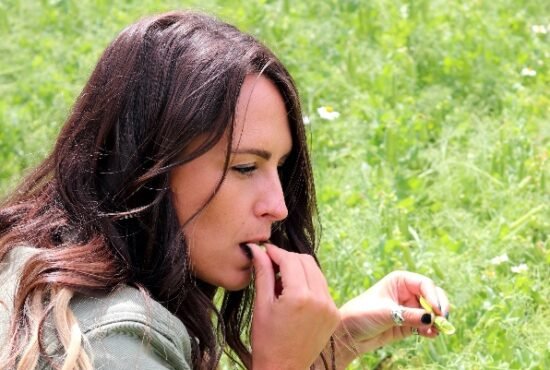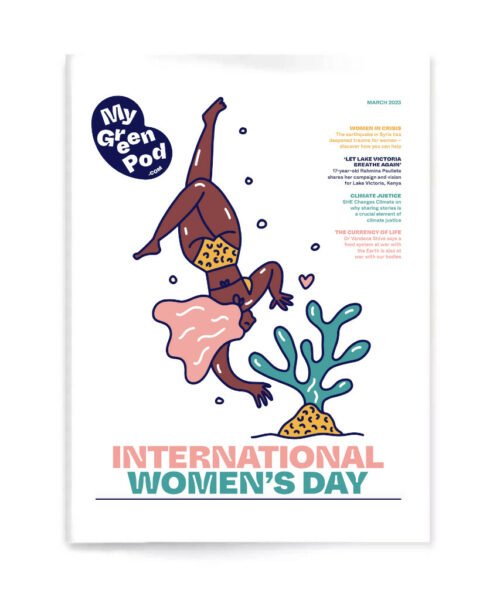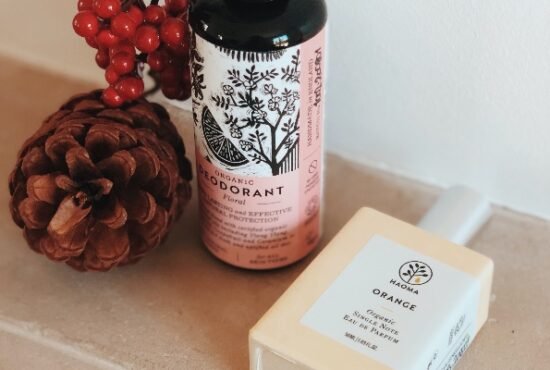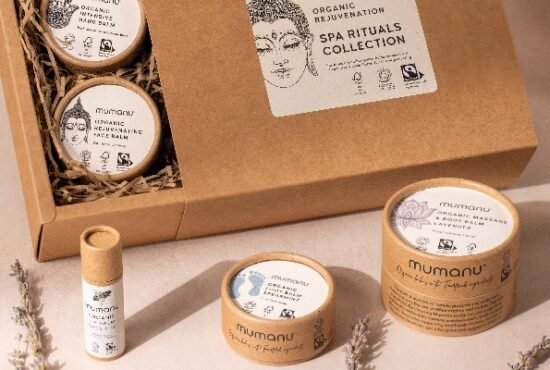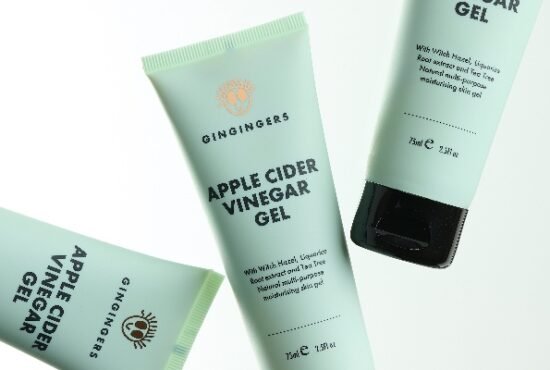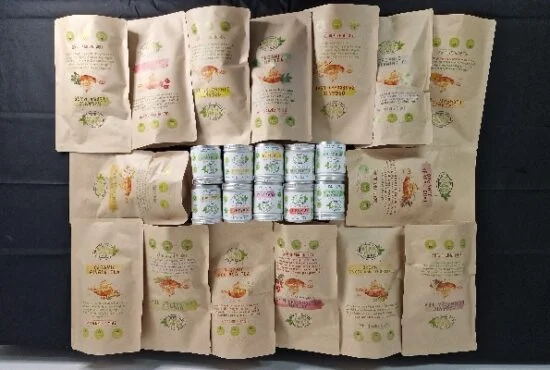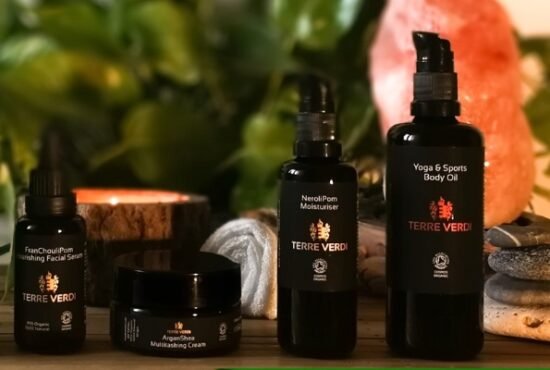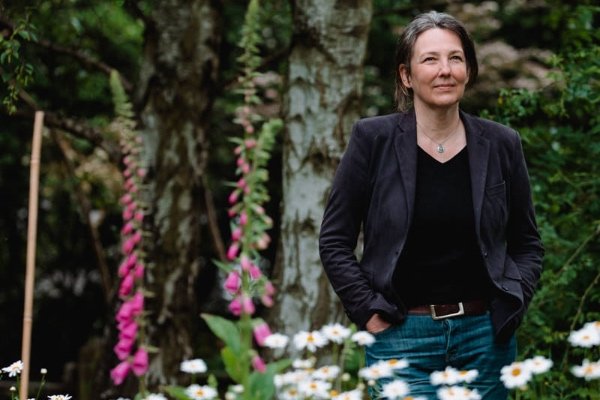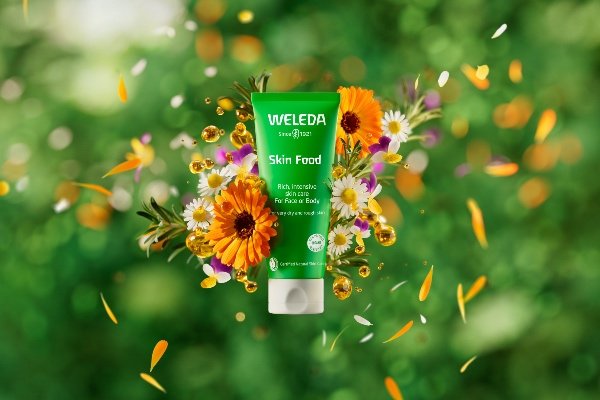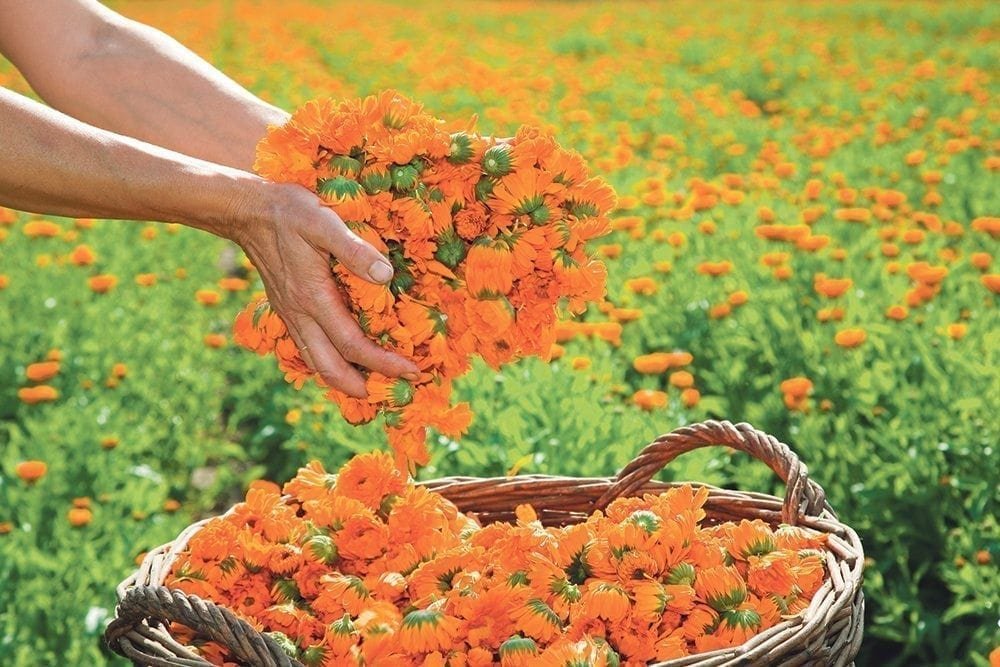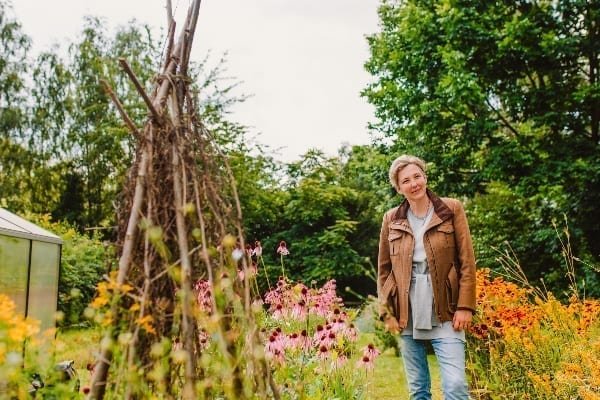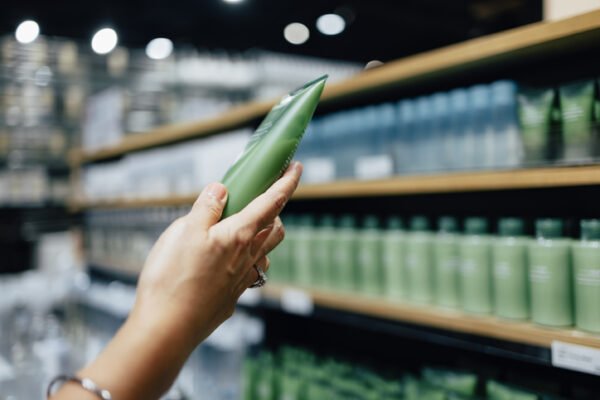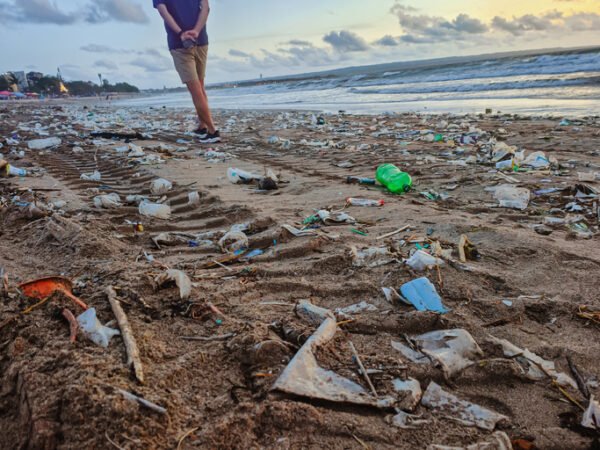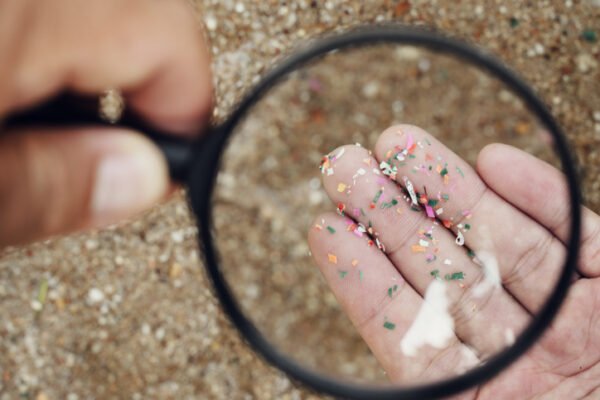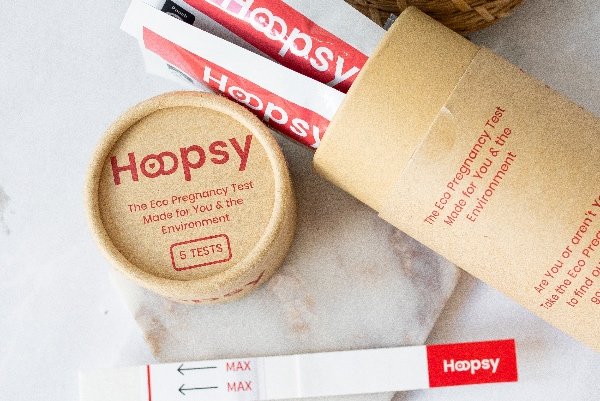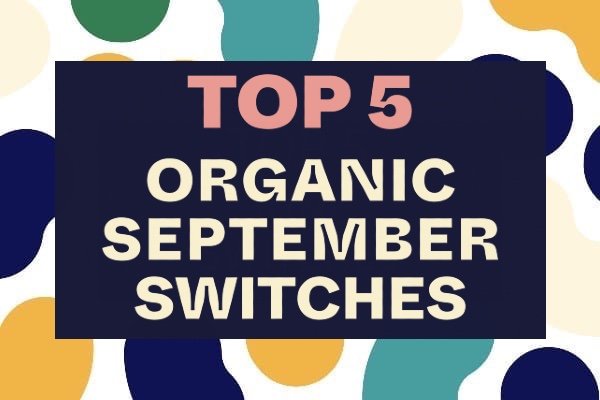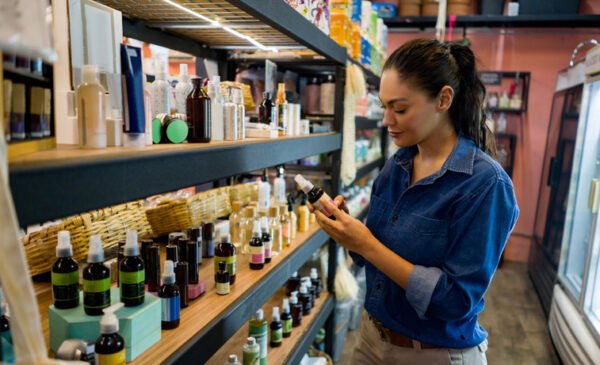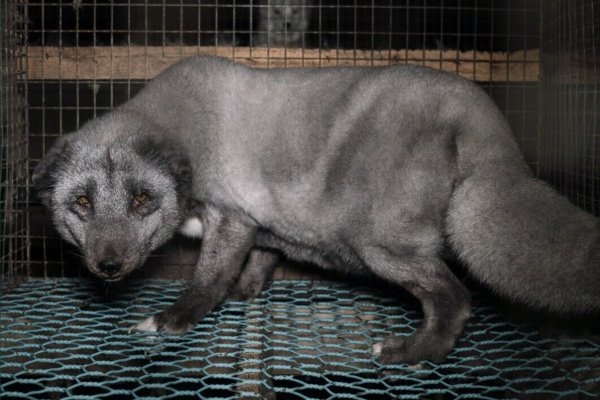This article first appeared in our Organic September issue of My Green Pod Magazine, published 08 September 2023. Click here to subscribe to our digital edition and get each issue delivered straight to your inbox
Jayn Sterland, MD of Weleda UK, is an energetic environmental activist and a campaigner for responsible business. We talked costs, greenwash, the plastic free movement and why organic beauty’s here to stay.,/span>
You’re regularly ranked #1 in the Who’s Who in Natural Beauty list; what drives you to keep pushing for positive change in the sector?
JS: ‘There is so much more to do! Certified organic beauty accounts for less than 5% of the total market in the UK, but we can be fooled into thinking many more products are natural and organic because of beguiling claims and the natural plant images used on the packaging. We call this ‘greenwash’: we buy a product thinking it’s natural, when it isn’t.
‘There is little legislation to stop this happening. It isn’t fair for the purchaser – or for brands like Weleda that go the extra mile and certify every product.’
How does Weleda go beyond organic, and why?
JS: ‘Organic refers to how an ingredient is grown (using no artificial chemicals) whereas the regenerative farming methods we use at Weleda (called biodynamic agriculture) go beyond this, incorporating the whole biosphere – such as the health of the soil microbiome, the biodiversity of nature and the unseen planetary rhythms (such as the phases of the moon).
‘We operate a triple bottom line policy for our decision-making, taking into account the economics, plus the impact our choices will have on the environment and culturally for people. It isn’t easy but it’s the only way a responsible business can operate.’
What’s organic beauty’s role in the wider shift to sustainable living?
JS: ‘Buying organic is an essential part of the shift to sustainable living. Every organic purchase does three things: it gives you a better product, it supports regenerative farming practices – and the organic movement as a whole – and it also sends an important message to retail buyers to invest in and grow their organic offering. A virtuous circle. I like to think of an organic purchase as the simplest form of climate activism.’
What are the main challenges facing the organic beauty sector?
JS: ‘Thanks to a desire for ‘cleaner’ beauty products, the organic sector of the cosmetics industry has grown significantly over the past few years. This is great news on the one hand; on the other it has encouraged conventional, mainstream brands that use synthetic ingredients to jump on the bandwagon and make out they are more natural than they really are. This is greenwashing and it is a huge problem. It can be hard to know that what you are buying is the real thing.’
What do people need to look out for when choosing organic beauty products?
JS: ‘Greenwashing in the beauty industry includes on-pack claims that don’t bear close scrutiny and even product names that make formulations sound much more organic than they really are.
‘It’s good to be aware of reputable organic standards that match our personal expectations, such as the NATRUE certification which appears on packaging and is a guarantee of a strict level of naturalness.
‘Third-party certification labels or logos are currently the only way to easily tell if a product meets a high standard. For example NATRUE-certified organic products contain at least 95% organic content (the remaining 5% still being all natural) and water is not included in that analysis.
‘Often respected certifications also stand for other things as well as the organic level of ingredients – for example with NATRUE, certified formulations are free from artificial ingredients, petrochemical derivatives, microplastics and GMOs.
Is it enough for a company to create products that contain organic ingredients, or should we, as shoppers, demand more?
JS: ‘Switching to organic ingredients is an important step towards producing more sustainable products, but it is only the first step on the journey. The next step is organic product certification through an independent body such as the Soil Association, COSMOS or NATRUE.
‘From there a company should be setting itself annual targets to reduce its carbon and water footprint and the amount of waste it generates, as well as looking to pay fair wages. It should get these activities certified, for example with the Living Wage Foundation, the Union for Ethical Biotrade (UEBT) and B Corp. At Weleda these practices are a given, but we are conscious that we can always do more. Becoming sustainable is a journey, not a destination.’
 Play Video about This Rock Might Just Save The World
Play Video about This Rock Might Just Save The World Play Video about Play 2 hours of rock
Play Video about Play 2 hours of rock Play Video about Play 2 hours of brook
Play Video about Play 2 hours of brook Play Video about Play 2 hours of sheep
Play Video about Play 2 hours of sheep

